Japan is threatening to ask US troops based on the island of Okinawa to leave the country amid growing resentment over crime.
By Julian Ryall in Tokyo
Published: 6:11PM BST 07 Oct 2009
The new government is reviewing an agreement with Washington on US military facilities following through on a campaign pledge to islanders who have borne the brunt of the American presence for more than 60 years.
Around 50,000 American troops are based in Japan, around two-thirds of the total are in Okinawa. Resentment against their presence has grown in recent years due to a series of crimes committed by service personnel.
Related Articles
- Japanese school textbooks accused of rewriting wartime history
- Afghanistan: Gordon Brown criticised after the death of eight soldiers
- Chinese boats fear naval clash between North and South Korea
- Taiwan trip cancelled amid anger
Many of the crimes are relatively trivial, but other cases have brought tens of thousands of protesters onto the streets. In February 2008, a case against a marine accused of raping a girl aged 14 was dropped after she withdrew the accusation, apparently to avoid the ordeal of a trial.
The case revived bitter memories of the abduction and rape of a 12-year-old schoolgirl in 1995 by three US servicemen.
Katsuya Okada, the foreign minister, said he wants the American military to remain in Japan but that the concentration on Japan's most southerly islands needed to be reduced.
"The only way this presence can be sustained in the long term is to make sure that the burden on the Okinawans is decreased in some way," he said. "Only by accomplishing these goals will we be able to ensure that the US-Japan alliance will be sustainable."
Another long-standing complaint against the US forces is pollution and the noise their aircraft make during practice flights, particularly at bases that are in the most densely populated parts of the island.
The most seriously affected municipality is Ginowan, which surrounds the Marine Corps' Futenma Air Station.
The previous Japanese government had reached an agreement with Washington to transfer 8,000 Marines and their dependants to the Pacific island of Guam by 2012, close the Futenma facility and transfer its functions to an enlarged US base on the north-east coast of the prefecture.
The plan has been attacked by people living close to Camp Schwab and environmentalists, who claim that the proposal for new runways built on reclaimed land will devastate the local flora and fauna.
The US has stated that it wants to stick with the existing plan. John Roos, the US ambassador to Tokyo, said on Friday that Japan will be given time "to analyse, to review, to ask questions and, hopefully, come to the conclusion that it is in both parties' best interests."
It is not at all certain that Yukio Hatoyama, the prime minister, agrees with that assessment as he has been a vocal critic of U.S. foreign and financial policies, as well as expressing a desire to follow a more independent security line than previous Japanese governments.
Mr Hatoyama himself has indicated that he would support reducing the burden on the people of Okinawa by moving the activities of Futenma out of the prefecture entirely.
Work to review the agreement began in the Japanese cabinet on Friday, with no deadline set for a decision, according to Mr Okada.
The urgency of the situation is underlined by the arrival in Japan in November of President Barack Obama, who will arrive with hopes of settling the contentious issue once and for all.






 Reply With Quote
Reply With Quote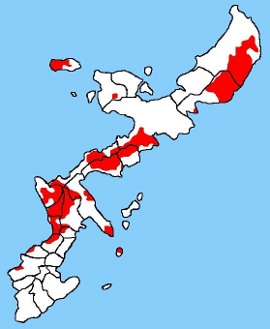






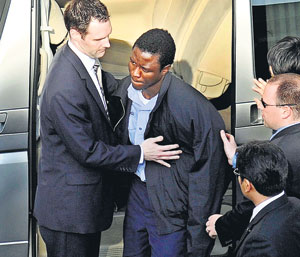










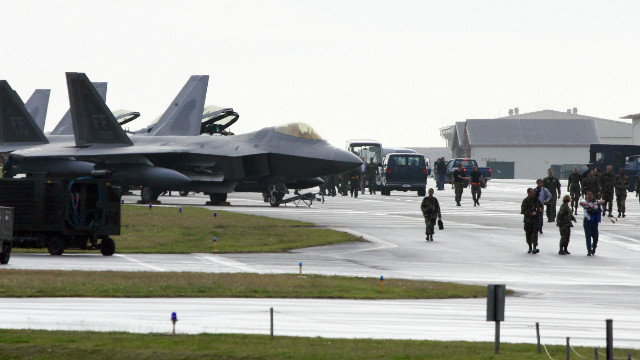
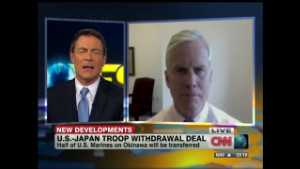
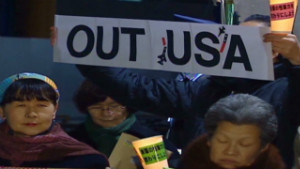

Bookmarks